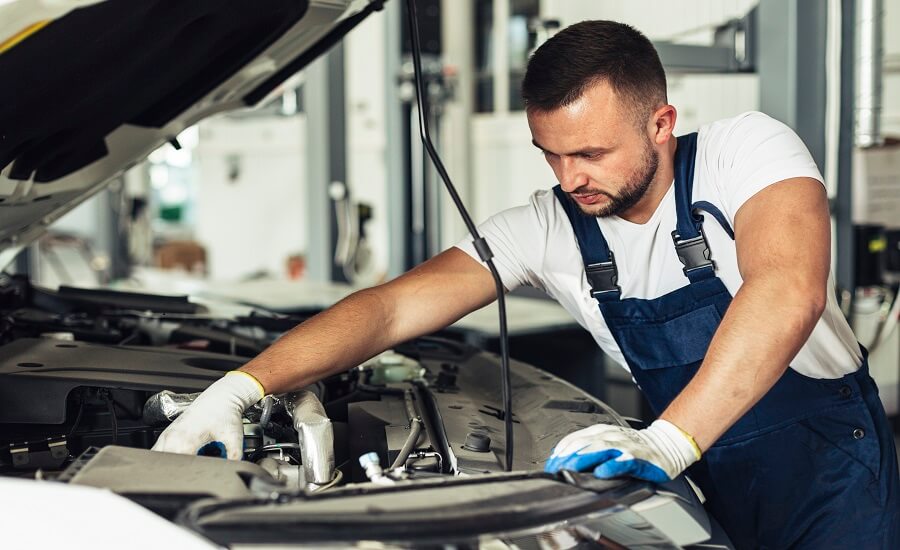If you operate a big truck or a fast car, your cooling system must include more than just a radiator. Your car probably has an oil cooler. You may need to install one if it doesn't. Oil coolers maintain the ideal temperature for your motor oil so that it can withstand challenging situations like towing or racing.

An automobile has a variety of fluid viscosities that are used for cooling, lubrication, or both. Since internal combustion engines are only around 33% efficient, the remaining 67% is often lost as heat energy and noise, which must somehow disperse into the environment.
Without question, the most significant fluid in an automobile is its oil. Because there are so many moving parts, there will undoubtedly be a lot of friction, and metal-on-metal contact can cause a lot of wear and tear on the parts.
Therefore, oil is utilized to lubricate these moving parts, and as a result, it generates a lot of heat.
Similar to how most heat energy produced by an engine must be given to the environment through some sort of heat exchanger. There is a radiator for the water-cooling system, and oil coolers are used for the oil-cooling system.
Which automobiles require oil coolers?
Any car can have an oil cooler, although those often used in high-performance or heavy-duty circumstances typically need one. Semi-trucks, heavy-duty pickup trucks, tow trailers, and sports cars are the vehicles that typically have coolers. However, an oil cooler might also be helpful if you haul a lot with your standard passenger car. You can get a Ford 6.4 oil cooler by Big Dawg Diesel for all your Ford vehicles if you are looking to optimize your riding experience.
Ford 6.4l Powerstroke oil coolers are notorious for leaking or having a tendency to accumulate oil buildup, both of which can cause component harm. This replacement cooler for your 6.4L Powerstroke, complete with new seals and O-rings, will restore oil cooling and shield your engine from needless wear.
Oil coolers increase the engine's lifespan and lessen the likelihood that it will overheat under difficult circumstances. For instance, if you pull a trailer uphill over a long distance, your engine will likely run at full power for an extended period. This generates a lot of heat, which needs to be released. If the heat cannot be dissipated, it accumulates and raises the temperature of the engine. An oil cooler offers an additional surface for the heat to disperse.
Do Oil Coolers Require Special Care?
Your engine oil cooler shouldn't require much maintenance if fitted correctly. Check for leaks and maintain your cooler free of debris, just like you would with radiators. Additionally, be careful to maintain the quality of your engine oil. At the specified intervals, change your oil. This lessens the likelihood that your cooler may internally clog.
























